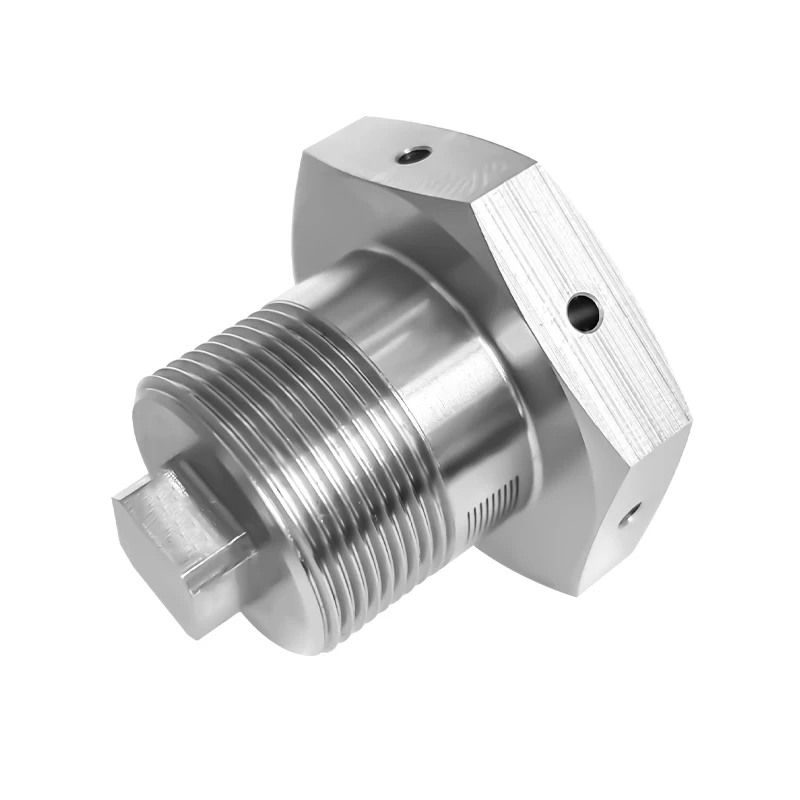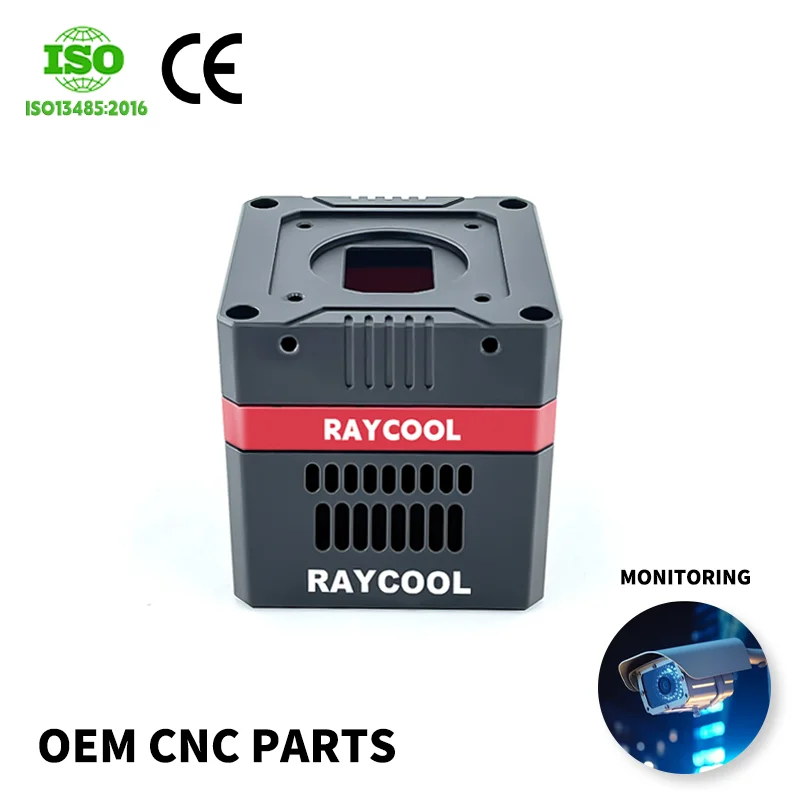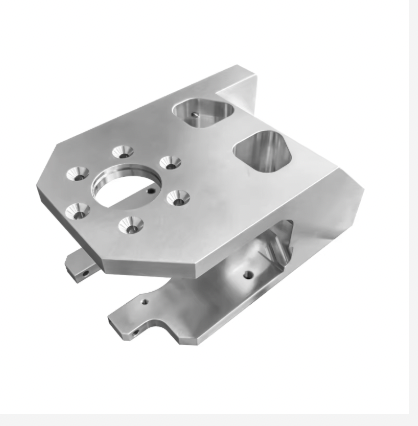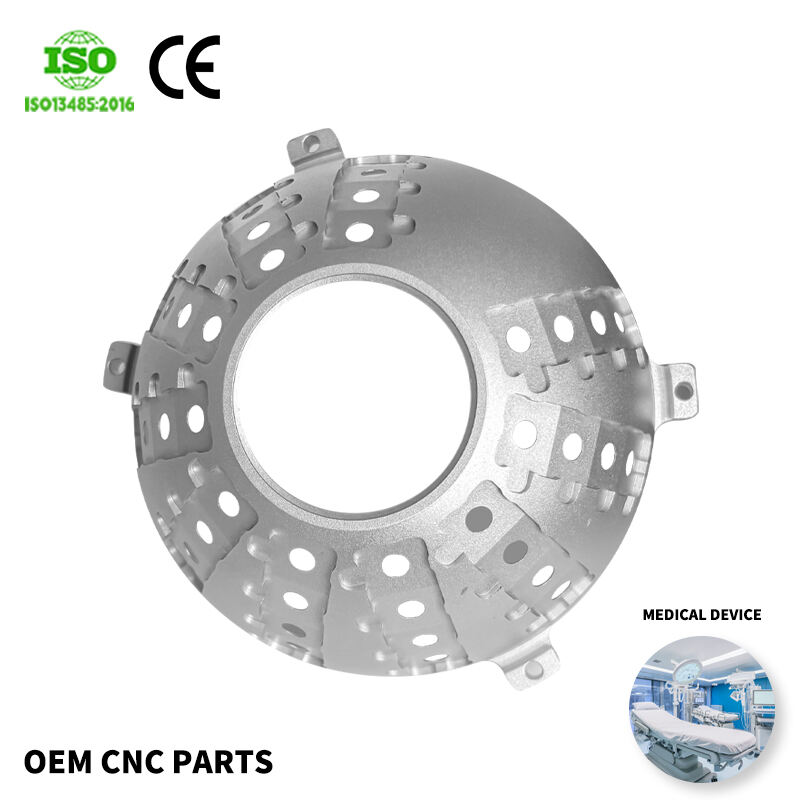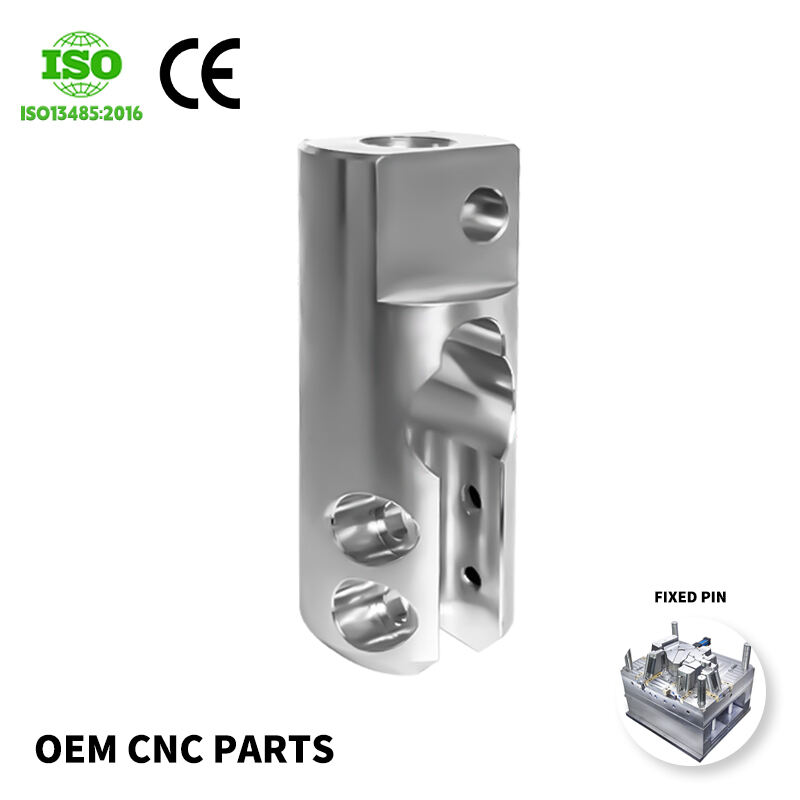plastic machining
Plastic machining is a sophisticated manufacturing process that involves the precise cutting, shaping, and forming of plastic materials to create custom components and parts. This versatile technology employs various cutting-edge tools and equipment, including CNC machines, mills, and lathes, to transform raw plastic materials into finished products with exceptional accuracy. The process encompasses multiple techniques such as drilling, turning, milling, and routing, allowing for the creation of complex geometries and tight tolerances. Modern plastic machining centers utilize advanced computer-controlled systems to ensure consistent quality and repeatability across production runs. The technology supports both prototype development and high-volume manufacturing, making it suitable for diverse industries including medical devices, aerospace, automotive, and electronics. What sets plastic machining apart is its ability to work with a wide range of engineering plastics, from common materials like acetal and nylon to high-performance polymers such as PEEK and PTFE. The process enables the creation of components with precise dimensions, smooth surface finishes, and specific mechanical properties, meeting stringent industry standards and regulatory requirements.

